News
Consortium of NGOs from five West African countries call for an end to FGM
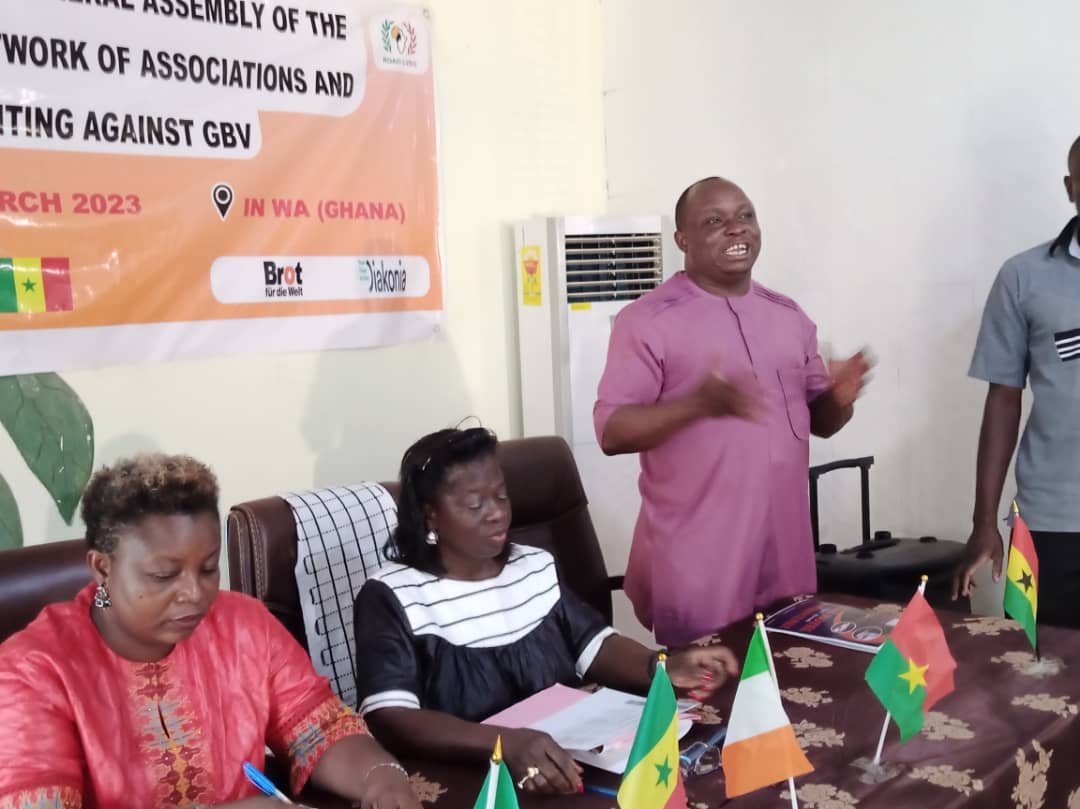
A consortium of non-governmental organizations working in the field of gender-based violence (GBV) from five West African countries on Tuesday held their second ordinary meeting in Wa in the Upper West Region with a call for an end to female genital mutilation (FGM) to restore the dignity of women and also protect their sexual rights.
Christened the West African Network of Associations and NGOs Fighting Against GBV, the consortium consists of countries namely Ghana, Senegal, Mali, Burkina Faso and Cote D’Ivoire.
The Vice President of the Network, Mr Salifu Kanton who is also the Executive Director of the Community Development Alliance (CDA) said the network was formed to foster unity and harmonise interventions and efforts dedicated to fighting FGM across the West African sub-region.
He explained that the practice which was common among residents of border towns would only go extinct if the partners worked together to ensure that FGM was not migrated to other countries.
“We share cross-border similarities and cross-border challenges that affect all of the sub-regions so NGOS within the sub-regions came together in 2019 after a meeting in Cote D’Ivoire to influence change and impact communities to address sexual and gender-based violence with a particular focus on eliminating FGM”, he said.
Mr Kanton expressed that since the countries shared common traits such as local languages, socio-cultural networks and arrangement as well as belief systems, the network was necessary to ensure that people who would want to leave the region to another country to perpetrate the act were identified and stopped.
“People no longer do the cutting in the open because of the criminalisation of the practice but FGM is still prevalent because of certain social norms and cultural beliefs”, he stated.
One of the key measures adopted by the Network, he noted was to identify the circumcisers who were mostly women, persuade them to abandon the practice and use them as ambassadors to drive the change after issuing them certificates and awards for stopping the practice.
“We are not looking at getting people prosecuted but getting them to accept that what they are doing is bad and has health implications and implications on the dignity of the girls”, he said.
He mentioned that the meeting was to review the work done by the respective organisations in each member country towards eliminating FGM in line with the United Nations timeline of 2030.
“Our contribution is to try and accelerate the pace and make sure that no girl living in the West African sub-region is subjected to this inhuman practice and we do this by sharing experience and tracking the gains; especially on our porous borders so that if Ghana is making effort, the circumcisers do not cross to Burkina Faso and vice versa”, he explained.
He added that with the rise in violent extremism in these countries, they were also looking at alternative ways to bring calm without resorting to a military approach which according to him had failed in addressing the conflicts and had rendered people more alienated and vindictive.
“We believe in social cohesion, fostering peacebuilding and accepting differences to reduce radicalization of young people into extremist groups; CDA for instance is empowering women through networking for peacebuilding by targeting female leaders in communities to become peace ambassadors to address the underlying causes of radicalization “, he added.
Some participants in Mali and Burkina Faso who shared their work said they were helping to rehabilitate people affected by violent extremism but said the insecurity and tensions had affected community engagement as well as donor support for their activities.
FROM LYDIA DARLINGTON FORDJOUR, WA
News
‘Thousands of Ghanaian women suffering from Obstetric Fistula’
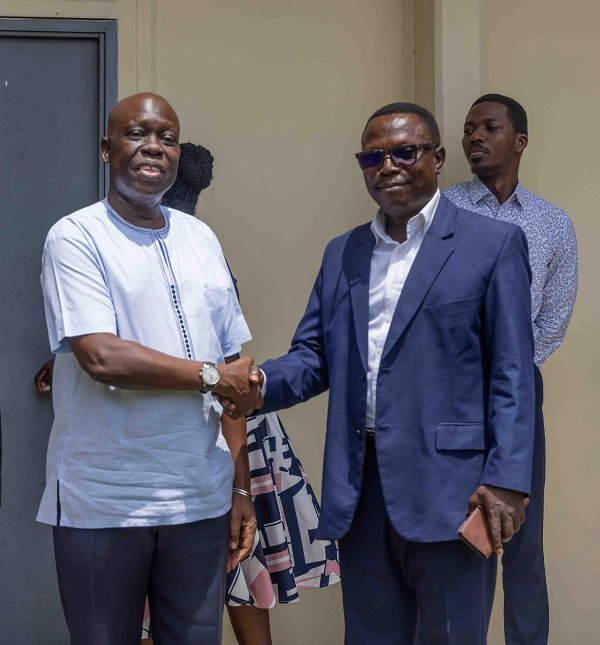
Thousands of Ghanaian women continue to suffer in silence from Obstetric Fistula (OF) due to inadequate access to surgical treatment, the United Nations Population Fund (UNFPA) has revealed.
Dr Wilfred Ochan, UNFPA’s Country Representative, disclosed that over the past decade, Ghana has accumulated a backlog of more than 12,000 untreated cases, despite recording an estimated 1,300 new cases each year.
He made the remarks during a visit to the New Times Corporation (NTC) in Accra to mark the International Day to End Obstetric Fistula (IDEOF).
“Only 1,000 repairs have been done in 10 years. That leaves thousands of women isolated, in pain, and excluded from society due to a condition that is both preventable and treatable,” Dr Ochan said.
He stressed the need for greater investment in surgical capacity, public awareness, and partnership, especially with the private sector— to accelerate Ghana’s efforts to eliminate the condition by 2030.
Obstetric Fistula results from prolonged or obstructed labour without timely medical care, causing a hole between the birth canal and bladder or rectum, leading to continuous leakage of urine or faeces. The consequences include stigma, chronic incontinence, and often, the death of the baby.
To help close the treatment gap, the UNFPA is working with health institutions including the Komfo Anokye and Cape Coast Teaching hospitals to scale up surgeries and outreach.
“We must not allow women to suffer lifelong trauma for simply trying to give life,” Dr Ochan urged.
The Managing Director, Mr Martin Adu-Owusu, pledged NTC’s support in raising public awareness and promoting maternal health initiatives.
“We are ready to collaborate with you to ensure that maternal deaths and issues affecting women come down to the barest minimum so that together we can achieve the UN goal to eliminating Obstetric Fistula by 2030,” he said
By Esinam Jemima Esinam
News
Inflated prices of Abaya, Jalabiya on Eid-al-Adha celebration
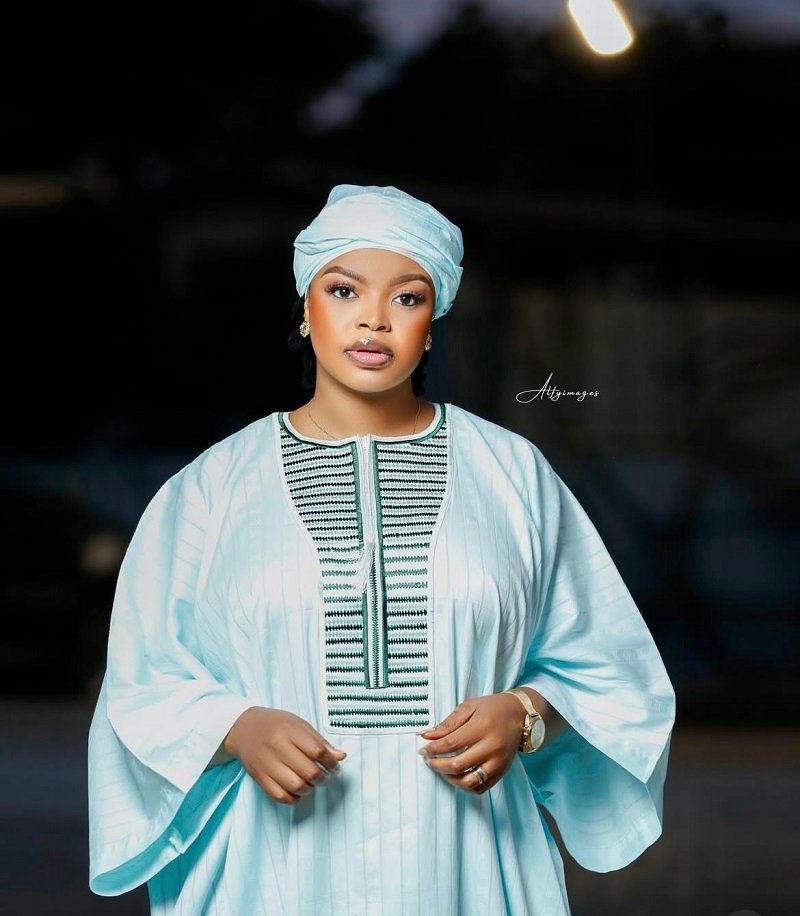
Muslims in Ghana and all over the world yesterday observed the Eid-al-Adha celebration.
It falls on the first day of Shawwal, the 10th month of the Islamic calendar and is celebrated by Muslims to mark the end of the month-long dawn-to-dusk fasting of Ramadan.
The build up to yesterday’s edition was characterised by a high demand for traditional Islamic attire here in Tamale, leading to a sharp rise in prices.
Checks by The Spectator from the various markets in the Tamale area revealed that prices for popular outfits like the Abaya, Jalabiya, and Kaftan have skyrocketed within the period.
Although there is no prescribed outfit for the celebration, many Muslims in Tamale traditionally choose modest and loose-fitting garments that reflect Islamic values.
Abayas and Jalabiyas often imported from Turkey, Dubai, Egypt, and Northern Nigeria have become particularly the most sought-after attires, resulting in the price hikes.
Currently, prices for men’s attire range from GH₵250 to GH₵800 while women’s outfits are selling from GH₵350 to GH₵1000.
Children’s garments are also not left out of the pricing craze. Bargaining for the youngsters starts from GH₵150.
Hajia Naila Abdul Karim, owner of ‘Cover with Style,’ confirmed a significant surge in sales in the holy month.
“Each day, more than 20 people, mostly women walk into the shop. We also send over 40 parcels daily to customers across the country,” she stated.
She attributed the price increases to the cedi’s depreciation and a recent shortage of Turkish imports, noting that most of her stock now comes from Dubai.
Hamdia Kamil, a loyal customer, shared her experience: “Two years ago, I bought an Abaya for GH₵350. This year, it’s GH₵650. I had no choice because it’s a special occasion and I want to feel good. Still, I hope the dresses are made affordable so others can also celebrate in style.”
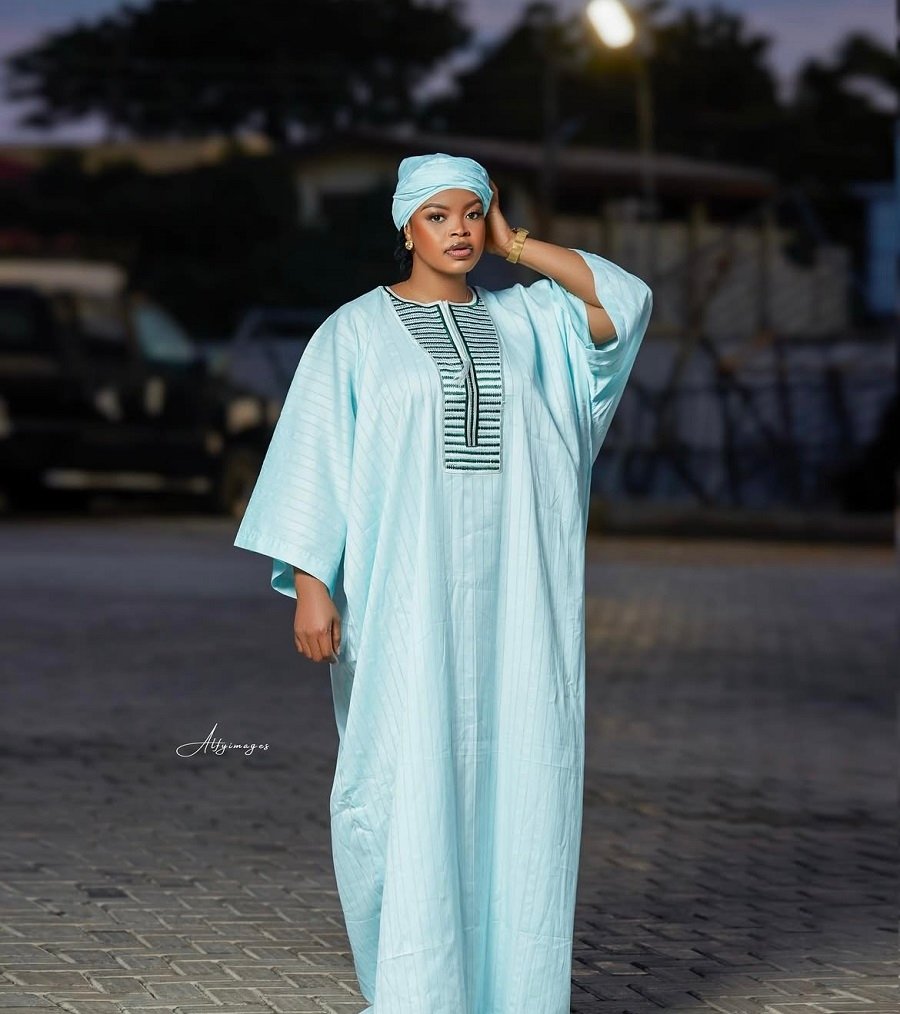
At Baby Last Closet in Sakasaka, another fashion outlet, prices for women’s outfits range from GH₵350 to GH₵1,300, while men’s attire goes from GH₵250 to GH₵1,000.
“Some customers complain about the cost, but because it’s Ramadan, many still go ahead and buy,” said the shop owner.
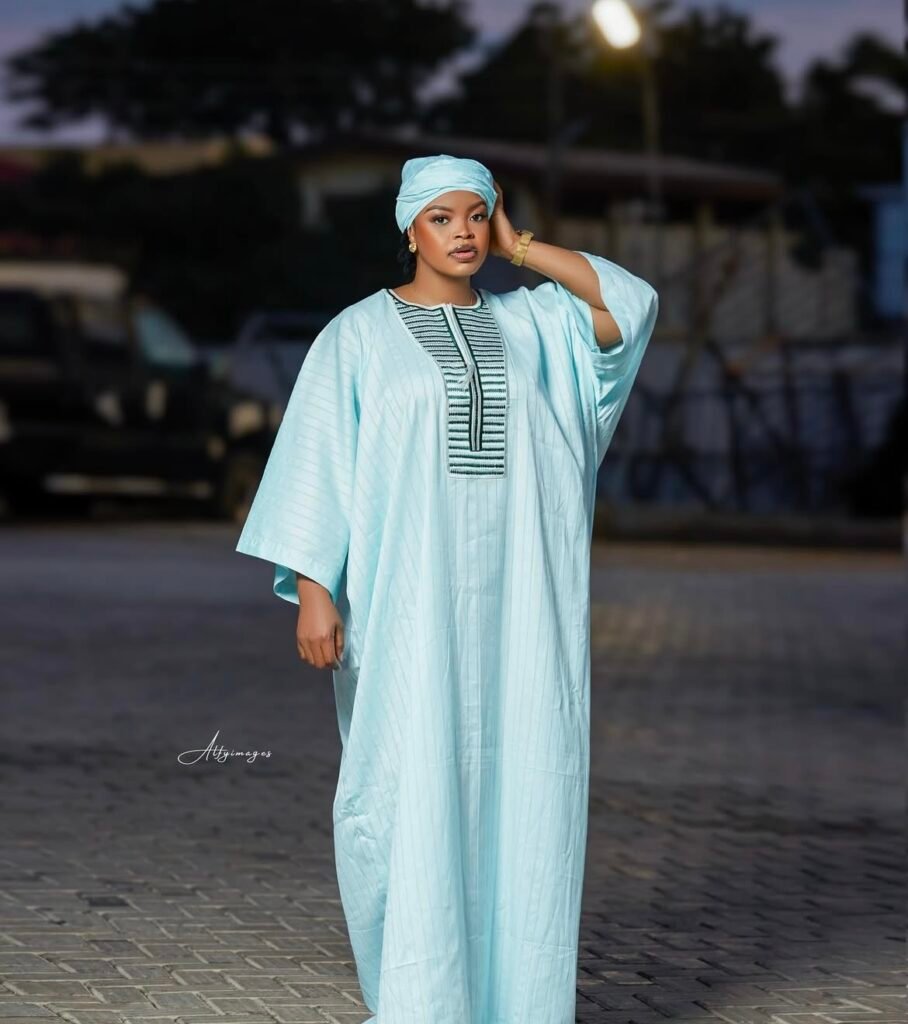
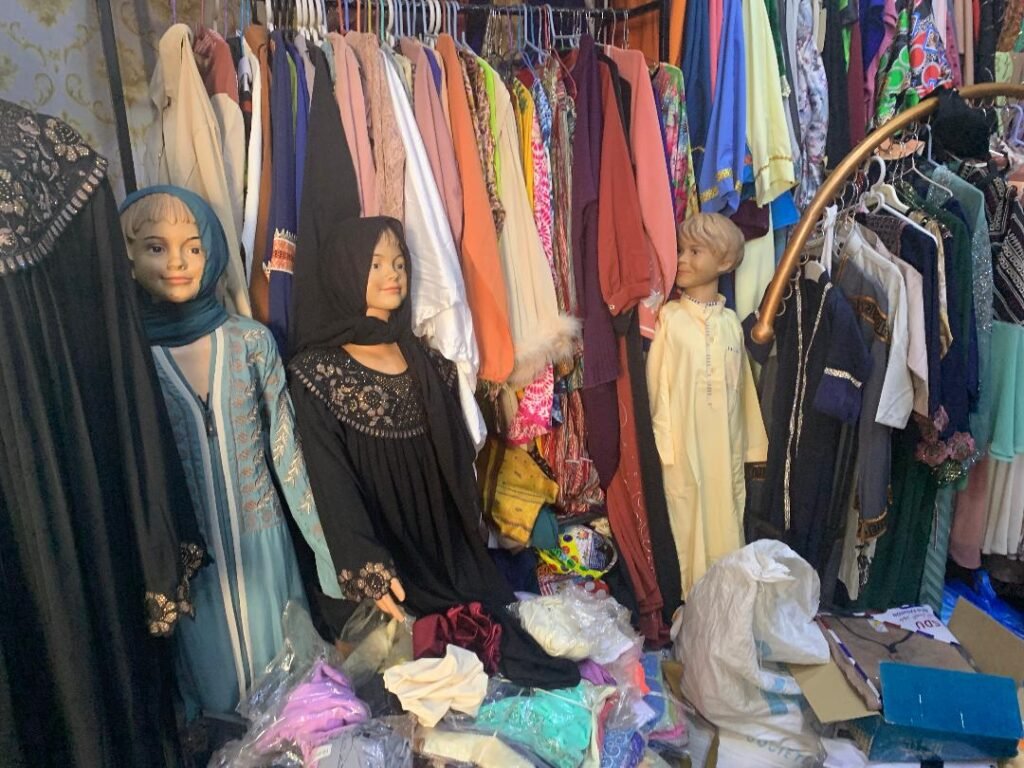
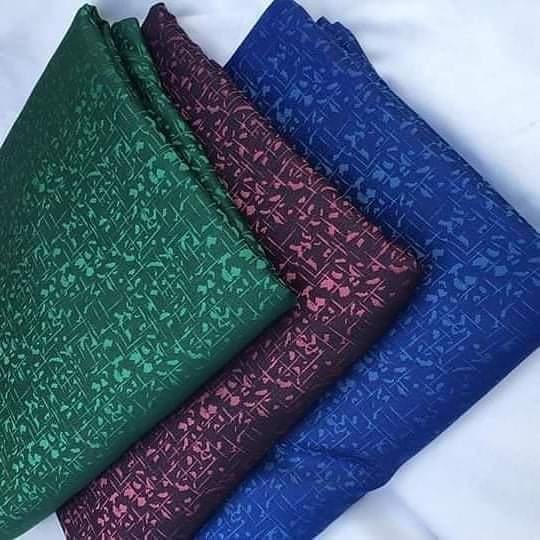
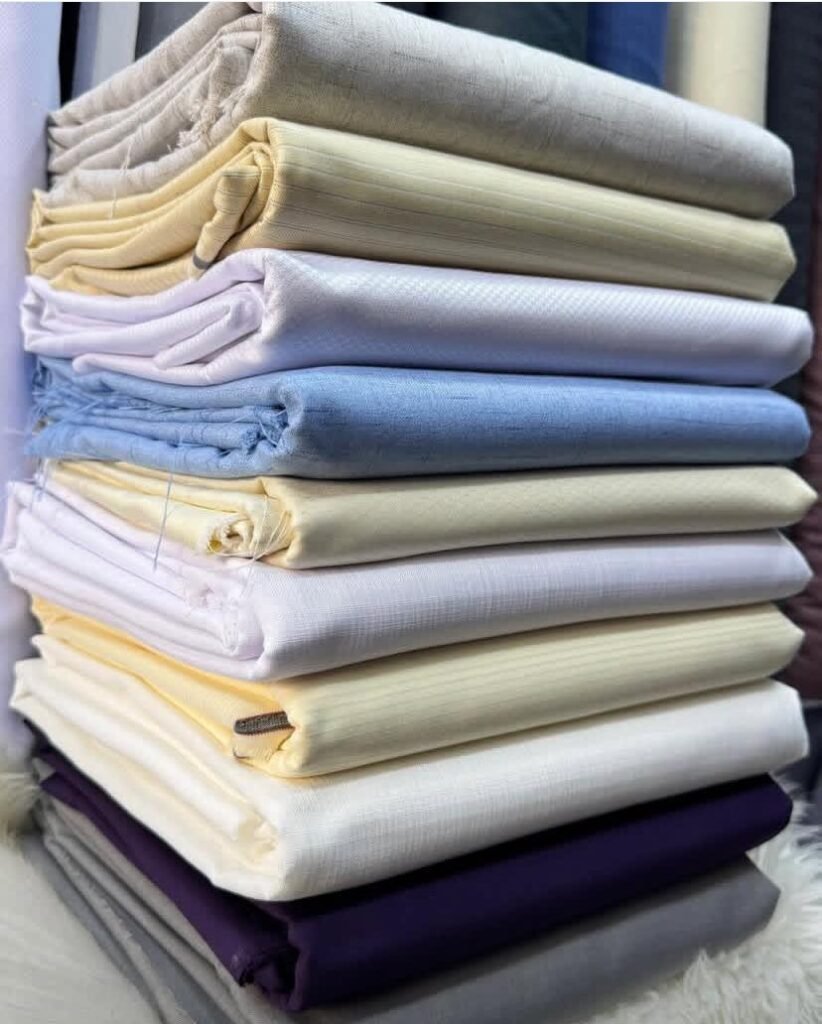

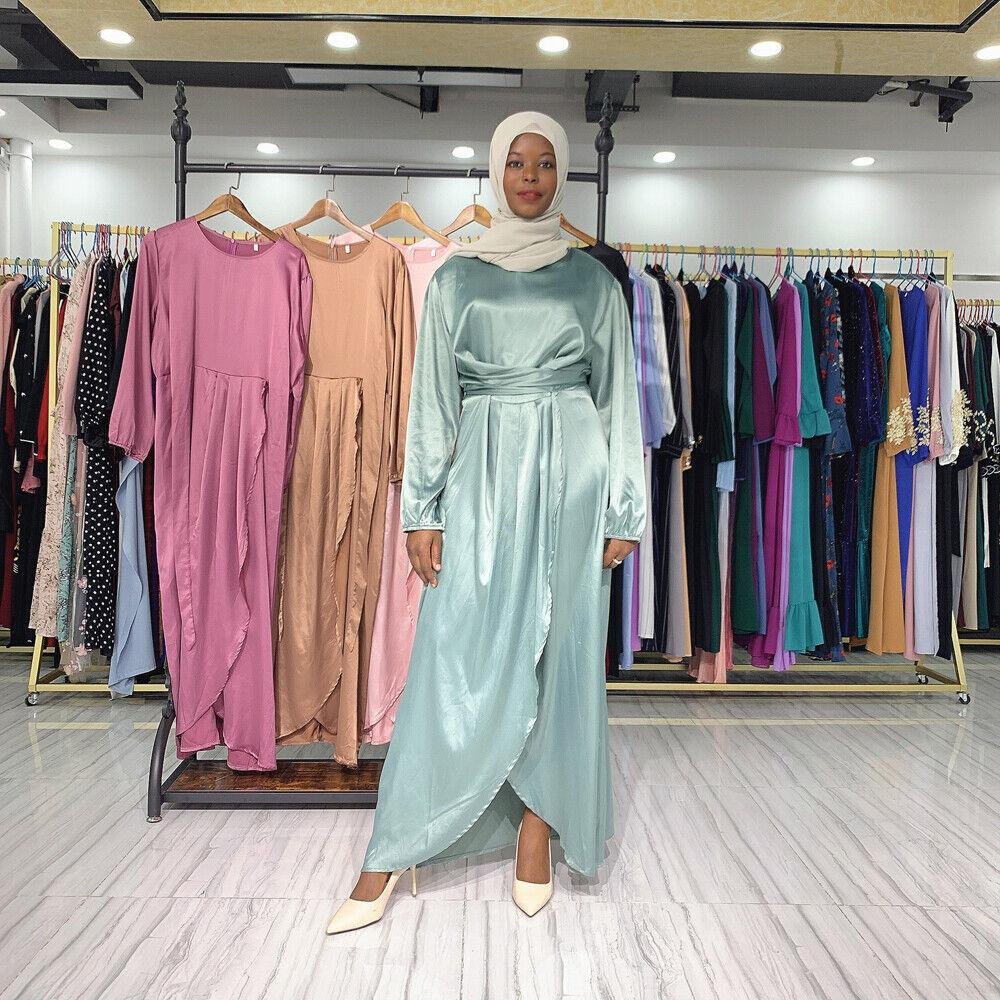
Similarly, Mandy’s Haven at Zogbeli sells exclusively for Eid celebrations, dealing in high-end Abayas, Jalabiyas, and Kaftan materials. Prices there reflect quality and origin, with female attire ranging from GH₵450 to GH₵5,000, and kaftan fabric sold at GH₵200 per yard.
For many, including resident Iddrisu Suale, the holy month remains a sacred period despite the economic pressures. “Things are expensive this year, but I still want to make the day special for my children. I plan to get them Abayas and Jalabiyas from Egypt,” he indicated.
Despite the bustling nature of preparation and the high cost of goods, resident expressed optimism of having a good time in observing the deep spiritual significance of the occasion.
Story & photos by Paul Dery







